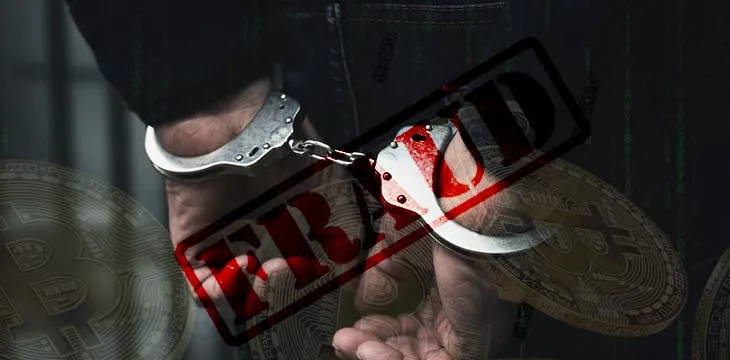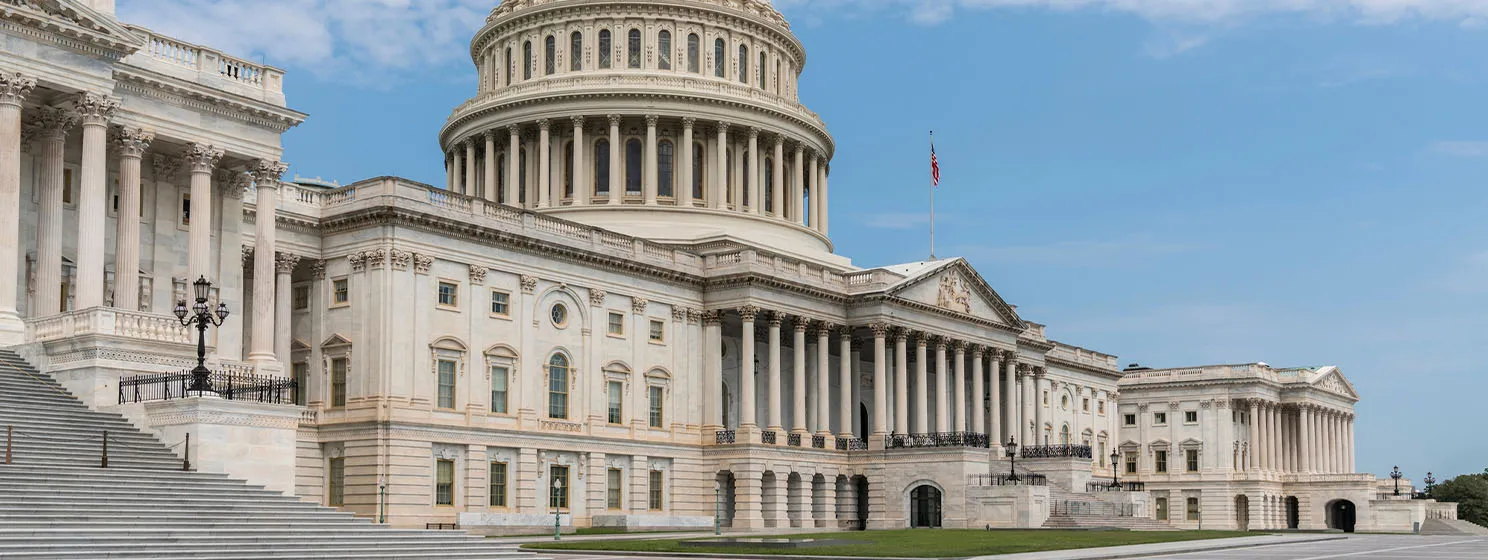|
Getting your Trinity Audio player ready...
|
If the saying “a leopard can’t change his spots” is accurate, then a former lawmaker in the U.S. was just as corrupt when supposedly serving the public interests as he apparently is now. David Schmidt, a former senator from Washington State, has been targeted by the Securities and Exchange Commission (SEC) for leading a fraudulent initial coin offering (ICO). Along with two accomplices, he is reportedly behind the Meta 1 Coin, for which the financial regulator has just issued an emergency action.
The SEC published its action last Friday, explaining that it had ordered assets of Meta 1 Coin Trust, the entity behind the ICO, to be frozen and the offering halted. It asserts that Schmidt, in conjunction with Robert Dunlap and Nicole Bowdler, two co-conspirators out of Florida, had been conducting securities fraud and had “bilked investors in and outside the U.S.”
It seems that Schmidt and his cohorts were telling investors that the fund was backed by an art collection worth $1 billion and a gold collection worth $2 billion, offering returns of up to 224,293%. They also told investors there was no risk with the investment and that it could never lose value. Some apparently believed the outrageous claims, as the trio of fraudsters reportedly collected over $4.3 million from investors.
However, none of it was real. No coins were ever distributed, and the money collected went to things like personal expenses and even a Ferrari worth $215,000. Part of the money also went to Pramana Capital Inc. and Peter K. Shamoun, described as “relief defendants” who received part of the money for no legitimate reason.
David Peavler, Regional Director of the SEC’s Fort Worth Regional Office, says in the statement, “As we allege, the defendants made audacious claims about the Meta 1 Coin and would say almost anything to separate investors from their money. Investors should always look skeptically at promoters who claim that their investment cannot lose value or that investors will receive massive returns.”
The SEC is now bringing up charges of fraud and violating securities regulations, and is seeking “permanent and conduct-based injunctions,” as well as disgorgement and civil penalties. Pramana Capital and Shamoun, who was also identified as Peter K. Shamoon, are looking at “disgorgement of allegedly ill-gotten gains with prejudgment interest.” Any of the defendants charged with wire fraud could face up to 20 years in prison and a fine of up to $1 million. If convicted of selling unregistered securities, the fine would be a maximum of five years in jail and a fine of $250,000.

 07-08-2025
07-08-2025 





